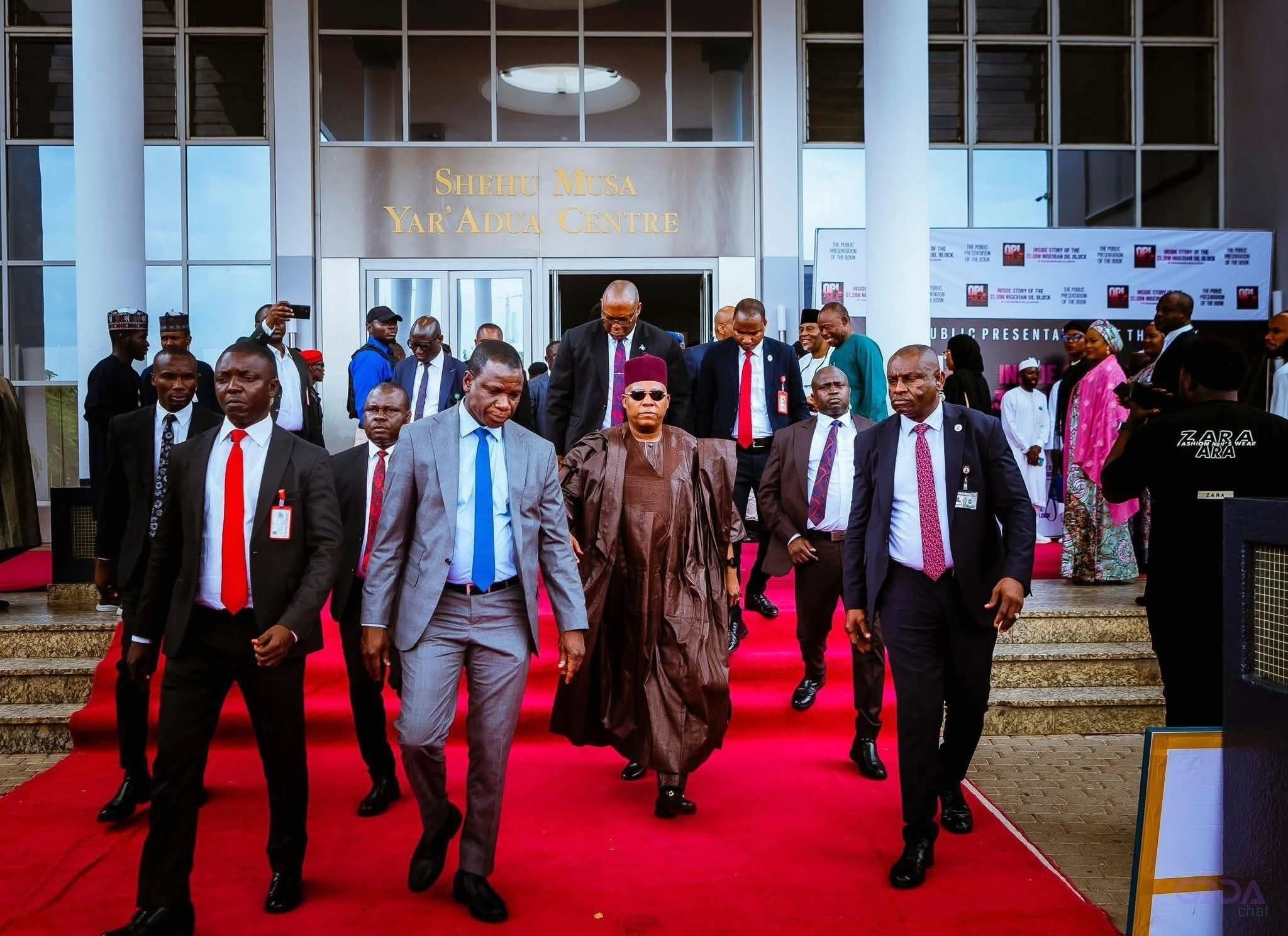He's Going To Join The Coalition Soon And Governor Zulum Will Be The First APC Governor To Join The Coalition.
Kashim Shettima Is A Stubborn Politician, If You Think He's Insignificant, He's Ready To Play The Spoiler Game.
The Body Language Of The V.P Should Ring A Tone To Pa Tinubu That He Should Be Ready For The Hurricane That Is About To Hit Him And His Administration.
I Won't Be Surprised If Tomorrow The Other Man Decides To Hold A Media Chat Just To Abuse Nigeria V.P For Speaking And Standing By The Truth.
----
For just N8,000 per post, your business or music promotion can be featured on Spy Nigeria's Facebook page, which receives over 40 million post reach monthly. With N8,000 only, your opinions, general news items, birthday shoutouts, biography, etc. can be published. WhatsApp us right away to get started.
Got a news article, press release, or opinion piece? Publish it on spynigeria. ng, our high-traffic news website, for only ₦10,000!
Affordable.
Massive Reach Maximum Exposure.
Send us a message today and get featured. WhatsApp Link in comment section.
He's Going To Join The Coalition Soon And Governor Zulum Will Be The First APC Governor To Join The Coalition.
Kashim Shettima Is A Stubborn Politician, If You Think He's Insignificant, He's Ready To Play The Spoiler Game.
The Body Language Of The V.P Should Ring A Tone To Pa Tinubu That He Should Be Ready For The Hurricane That Is About To Hit Him And His Administration.
I Won't Be Surprised If Tomorrow The Other Man Decides To Hold A Media Chat Just To Abuse Nigeria V.P For Speaking And Standing By The Truth.
----
For just N8,000 per post, your business or music promotion can be featured on Spy Nigeria's Facebook page, which receives over 40 million post reach monthly. With N8,000 only, your opinions, general news items, birthday shoutouts, biography, etc. can be published. WhatsApp us right away to get started.
Got a news article, press release, or opinion piece? Publish it on spynigeria. ng, our high-traffic news website, for only ₦10,000!
🎯 Affordable.
📢 Massive Reach 📰 Maximum Exposure.
📩 Send us a message today and get featured. WhatsApp Link in comment section.













